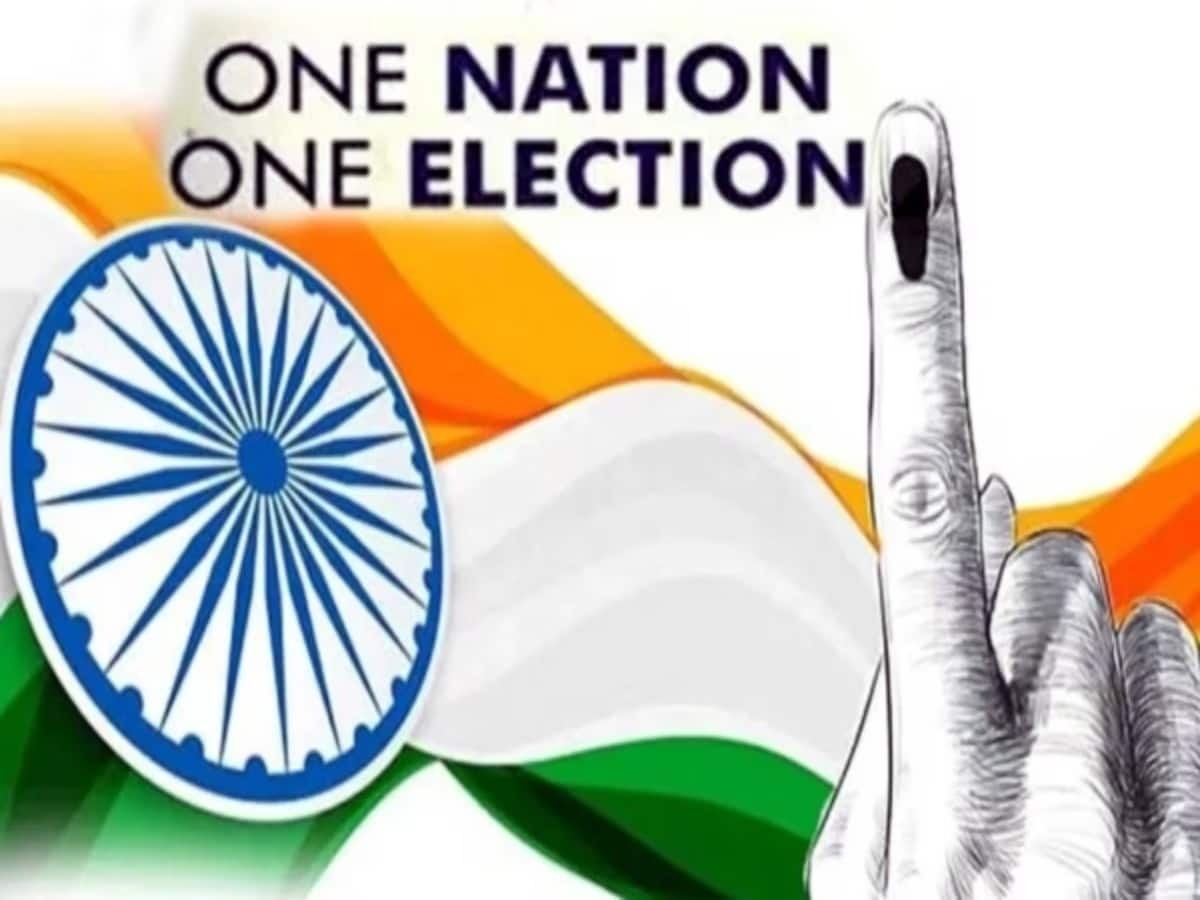New Delhi: Joint Parliamentary Committee (JCP) has been formed for one country, one election. The 31-member JCP includes the names of MPs like Anurag Thakur and Priyanka Gandhi. Purushottam Rupala, MP from Rajkot, Gujarat, has also been included in this committee. The committee will be headed by BJP MP PP Chaudhary. One Country One Election Bill has been approved in the Lok Sabha. Now it has been sent to the Joint Parliamentary Committee (JPC). In the parliamentary committee, 21 MPs are from Lok Sabha while 10 MPs will be from Rajya Sabha.
After receiving the recommendations of the JPC, the next challenge for the Narendra Modi government will be to get them passed in the Parliament. Since the bill related to One Nation One Election is a Constitution Amendment Bill, a special majority will be required to pass this bill in the Lok Sabha and Rajya Sabha. Under Article 368(2), a special majority is required to amend the Constitution. This means that the Bill must be approved by a two-thirds majority of the members present and voting in each House i.e. Lok Sabha and Rajya Sabha.
Names included in the Joint Parliamentary Committee
1. P.P. Choudhary (BJP)
2. Dr. CM Ramesh (BJP)
3. Vanshali Swaraj (BJP)
4. Parshottam Bhai Rupala (BJP)
5. Anurag Singh Thakur (BJP)
6. Vishnu Dayal Ram (BJP)
7. Bhartrihari Mahatab (BJP)
8. Dr. Sambit Patra (BJP)
9. Anil Baluni (BJP)
10. Vishnu Dutt Sharma (BJP)
11. Priyanka Gandhi Vadra (Congress)
12. Manish Tiwari (Congress)
13. Sukhdev Bhagat (Congress)
14. Dharmendra Yadav (Samajwadi Party)
15. Kalyan Banerjee (TMC)
16. T.M. Selvaganapathy (DMK)
17. GM Harish Balayogi (TDP)
18. Supriya Sule (NCP-Sharad Group)
19. Dr. Shrikant Eknath Shinde (Shiv Sena-Shinde Group)
20. Chandan Chauhan (RLD)
21. Balashouri Vallabhaneni (Jana Sena Party)
What will JPC do?
The government has sent this bill to the Joint Parliamentary Committee (JPC). The mandate of the JPC is to deliberate widely, consult with various stakeholders and experts and make recommendations to the government.
Why is ONOE being debated?
The Bill has sparked large-scale legal and constitutional debate on the Federal Constitution of India, the basic structure of the Constitution and the principles of democracy. Critics say that holding elections for state assemblies along with the Lok Sabha will affect the autonomy of the states and create a situation of centralization of power. Legal experts are also watching whether the proposal affects the basic features of the Constitution such as federal structure and democratic representation.
